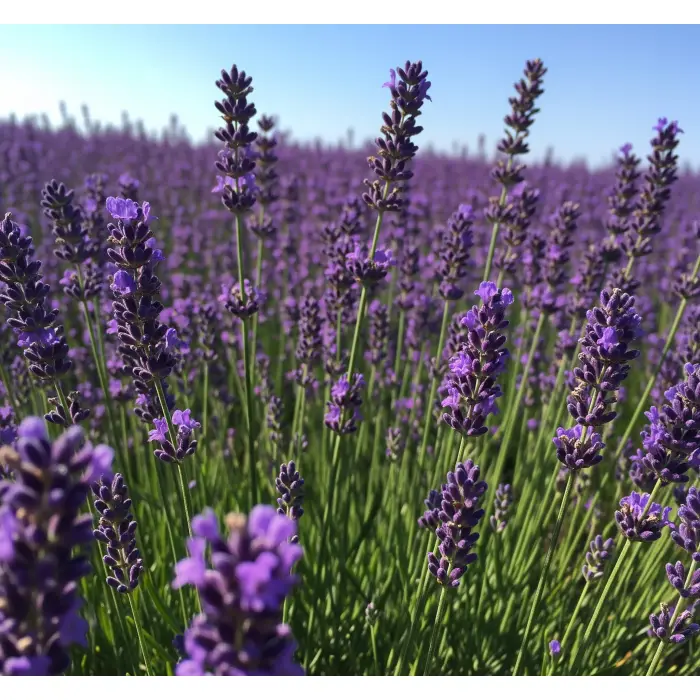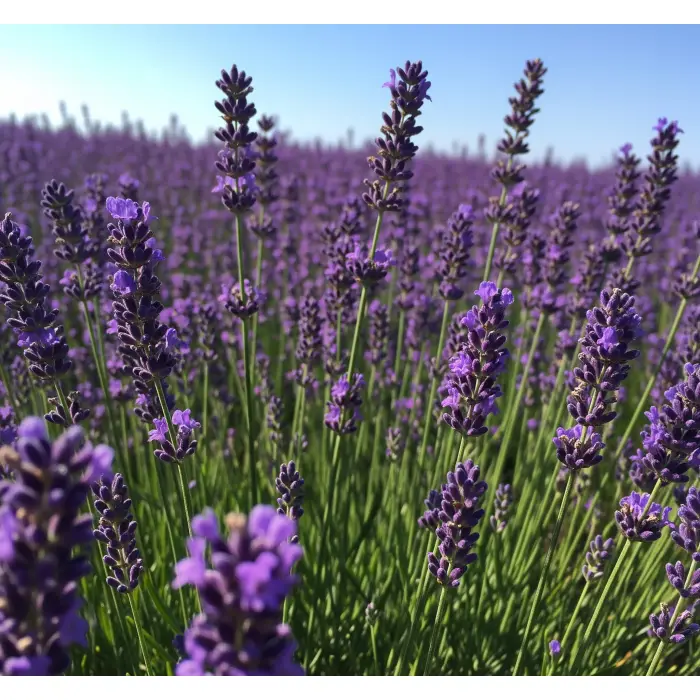
11 Medicinal Herbs and Their Health Benefits
What are they, and what should you be using?
What are the best ones?
So, in this article, we will be putting together medicinal herbs and their health benefits, what they are, and what the difference is between medicinal herbs and spices. Which ones are researched and proven to have medicinal and healthy benefits?
Now let's dive into it. What is a herb? Herb is a fancy word. Which herbs have culinary value and which ones have medicinal value?
Herb is a plant
When we talk about herbs, these could be roots, flowers, leaves, barks or seeds. All these are in the compound of herbs. Also, as mentioned earlier, spices used in cooking are dried herbs. Examples of spices include things like garlic, turmeric, cayenne, etc. These are common herbs that we use to spice up foods.
This is important to understand because humans throughout history have been using some of these herbs in foods for thousands of years to add flavour to their diets. But in some cases, the original uses of these herbs were for preservation purposes. So, herbs are an important part of our lives in spicing up foods and for medicinal purposes.
This is a fact that we can incorporate medicinal herbs into our daily diet. When you go back in the bible, you will notice in the book of Genesis that man's original meal was a plant-based diet . There is also this quote from Hippocrates, a Greek physician Let food be thy medicine and medicine be thy food To know these medicinal herbs and their health benefits so that we can improve our overall health, and this is a phenomenon of research.
Let us now look into two categories of herbs. The culinary, medicinal herbs and their health benefits, and we are going to discuss both of them in this article.
The first category is the culinary herbs, which examples include garlic, rosemary, ginger, etc. This does not mean that they are culinary; they do not have any medicinal value. Let us take rosemary in our example. If you take rosemary and rub it on your fingers, it produces oil; this oil is very essential in the improvement of memory. This is research-backed stuff.
These are anti-microbial; they can kill bacteria in our food and can also help improve our digestion. The herbs that we put on our food have some health benefits. So, it is important to include edible herbs in our diets daily.
Now I will give you two classes of herbs that we do not use quite often. The first one is:
St. Johns Wart
The herb modulates neurotransmitter levels in the brain. This is the reason why people use the herb as an antidepressant and mood stabiliser. It increases serotonin. Using this herb with your pharmaceutical drugs is not always safe because some of these herbs are very powerful.
The second one is Kava.
Kava is a very powerful herb that people have used to deal with anxiety. But taking high doses of this herb is very toxic. So, the herbs that we should take in our day-to-day life are the ones we are sure of their safety. You should not mess with all the plants that you come across; some of these are very powerful and even poisonous.
Now let us look into some 11 favourite medicinal herbs and their health benefits that are safe to take for our body. The first herb that one should have in the diet is;
Ginger
Ginger is a herb that has amazing health benefits. Perhaps when you were a kid and had a stomach upset, your mum could prepare ginger oil. This is because ginger is an anti-nausea herb. It helps calm the stomach down. Ginger is one of nature's anti-inflammatory herbs. Ginger can be used in our daily meals.

The second on the list is lavender. Research has shown that lavender can massively help relax your brain. Lavender can help an overactive mind at night and therefore help with better sleep. You can incorporate this medicinal herb in your drink, as you should already know that sleep is fundamental in your daily health routine.

The next herb on the list is garlic. There is a reason why we should be using garlic in our diet. Garlic is a very powerful herb. The first thing about garlic is that this herb is antimicrobial. These are the health benefits of garlic.

Tea tree oil smells a little bit like eucalyptus. This is an antimicrobial herb. It is much like garlic. This herb is very effective in killing fungi. Here are some of the health benefits:
Caution may cause rashes, indigestion and weakness.

Peppermint has a very good digestive tonic. After the meal, peppermint is very good for helping digestion.

Cayenne is essential in reducing pain

Echinacea is an amazing herb that stimulates and increases the body's immune system . Drinking it as tea or syrup is a good source of immunity.

Dandelion is powerful for liver and digestive health. It helps the liver to produce bio. It also helps in the detoxification of the liver and in prostate health.

This herb sounds similar to lavender. Nighttime supplements have something like chamomile and lavender in them. Chamomile has relaxing properties which help calm your mind at night. If you have an overactive mind at night, this is another solution.

Turmeric is one of nature's best anti-inflammatory herbs.

Passion Flower is popular in the treatment of anxiety and symptoms related to it, like insomnia. It is also used by some people to treat haemorrhoids and inflammations.
Cooking some of these herbs may lower their effectiveness. Some herbs may be taken raw. Others can be steamed in boiling water and taken as a drink.
boiling water and taken as a drink.
Recommended for You
You Might Enjoy

Enjoy a Plant-Based Diet
how to enjoy a plant-based diet The Ultimate Guide to the Plant-Based Diet: Benefits, Foods,…
Understanding the Efficacy of Credit Repair Letters
The Role of Credit Repair Letters Credit repair letters have emerged as a strategic tool in the…
Goldenseal Health Benefits
Goldenseal (Hydrastis canadensis): A Comprehensive Guide to Its Health Benefits and Uses Goldenseal…More Reads You’ll Love

Significance of Link Building
Power Of Link Building The Significance of Link Building: Unveiling the Path to Online Success. The…
Painting Using Watercolour
How to Use Watercolour for Better Results watercolour painting is a timeless and versatile art form…
32 Tips On Keyword and Niche Research
A Comprehensive Guide to Keyword and niche research Introduction: In the expansive realm of search…Other Topics That Might Interest You

Website Monetisation: The Complete Guide to Earning from Your Online Platform
Have you ever wondered how to turn your website into a revenue-generating machine ? You're not…
Importance Of Sitemaps
The Ultimate Guide to XML Sitemaps: Purpose, Limitations, and SEO Benefits Creating a…
Heat Press Machine Printing
How to do Heat Press Machine Printing Heat Press Machine Printing is a kind of printing used to…Traffic Coop Earnings
Ready to Monetise Your Traffic?
Stop letting your visitors slip away without value. With the LeadsLeap Co-op, you can turn every click into income. Join through my link below and I’ll personally share my tips for getting started fast.
🚀 Join My LeadsLeap Co-op Now*Referral disclosure: I may earn a commission when you sign up through this link. There’s no extra cost to you — your support helps keep this site alive.





Comments